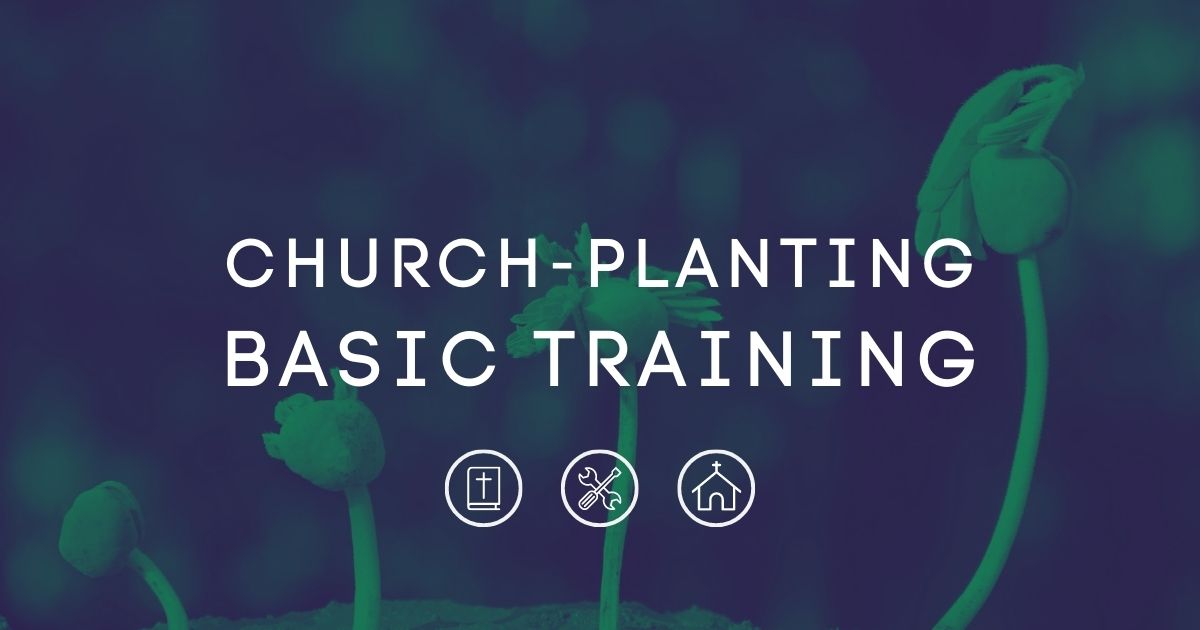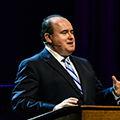There are a wide variety of opinions on the difference between a “church plant” and a “church,” so admittedly, this final article in the series more seasoned advice based my own experiences.
Others may have differing views, so I simply hope to add these to the conversation. I would put forward that a “church plant” is now an established church when at least three major milestones have been achieved. I will add a bonus fourth milestone at the end.
Milestone 1: The Church is Fully Supporting Their Preaching Pastor
Founding pastors are supported in a wide variety of ways. Some work outside jobs for a period of years (I did this for many years and it is not an ideal situation!). Others are supported “missionary-style” by a sending church or a group of churches. Still others are partially supported by the church plant members while still being supplemented in some other way. In any case, a church plant is not an established church if they are not financially supporting their pastor according to 1 Timothy 5:17-18. Paul was not supported in Thessalonica because of the tender nature of the new church (1 Thessalonians 2:9-13) but that should always be considered a temporary situation.
Milestone 2: A Plurality of Elders has Been Installed
The goal of a founding pastor must be two-fold: to preach the Word and disciple men. He must be taking men through all the vigorous training necessary to qualify some as elders. A good model that has been used successfully is for this singular qualified man to have “off-sight elders” from a like-minded church be a helpful transition until men in the church plant are fully qualified to be ordained as spiritual shepherds in the church. But the church which still in its local assembly only has one qualified elder is still a church plant, still a church in development.
Milestone 3: A Consistent Record of Financial Stability
A church plant which happens to receive a large amount of money upfront, immediately hires a founding pastor, and rents a high-cost facility is still a church plant. If giving is strong and meets expenses consistently for several years, then a genuine record of faithfulness can be established reasonably.
Bonus Milestone 4: The Church Plant Has Purchased a Facility of Their Own
I know there are a wide variety of opinions on this topic, some heatedly debated. Please allow me to express my logic. A church plant, by definition, is headed toward stability and establishment as defined in the previous articles in this series. Yes, some would say, “the church is not a building.” I don’t know a single person who actually believes the church IS a building except perhaps non-Christians. The COVID crisis of 2020 showed that the established churches which owned their own facilities were the most stable and able to withstand the challenges before them. Countless churches which rented schools or other government-controlled building were instantly shut out. They scrambled to even maintain some semblance of being a church. Churches which rent a facility are still at the mercy (humanly speaking) of the building’s owner. And if the building’s owner is an unbeliever, this is a tenuous arrangement. When the Edict of Milan was issued by the Roman emperor Constantine in 313 AD which legalized Christianity, the church which had endured two centuries of persecution immediately began building church buildings dedicated to worship of Christ. The church in Milan itself was likely first, building a large facility the same year as the edict. Rome followed suit with at least 20 church buildings being constructed in the years following the edict.
But I call this milestone a bonus because the godly leadership of a plurality of elders is clearly the most important indicator of a fully functioning local church.

